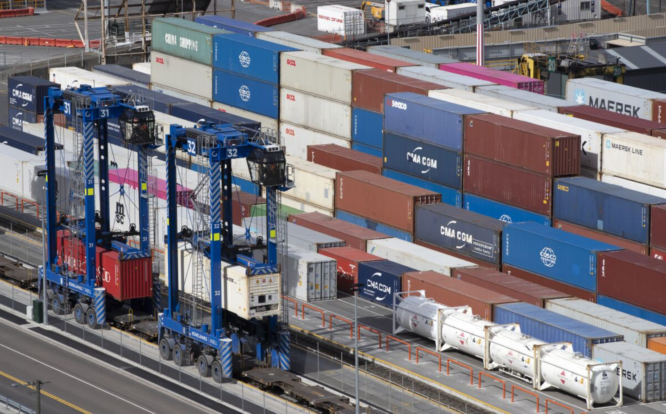Higher interest rates cause New Zealand’s recession 2023

Higher interest rates have pushed New Zealand’s economy into recession, according to Thursday’s estimates.
Statistics New Zealand reported that GDP declined 0.1% in the March quarter after a revised 0.7% drop in the prior quarter. That meets the nation’s recession definition of two consecutive quarters of negative growth.
The downturn follows New Zealand’s central bank’s 12 consecutive rate hikes to 5.5% to control inflation. The rate is at its highest since 2008, making loans for houses, vehicles, and other purchases more costly. The Reserve Bank of New Zealand plans to lower rates next.
The New Zealand dollar traded at 62 U.S. cents, and growth fell as expected.

The year-long picture was better. After two solid quarters, New Zealand’s economy increased 2.9%. With such a minor decrease in the March quarter, next quarter’s updated data may overturn the recession call.
A hurricane and Auckland floods slowed progress.
“The adverse weather and resulting flooding caused significant damage and disruption, particularly across the North Island,” Statistics New Zealand noted in a release.
Business services (-3.5%) and transport, postal, and warehousing (-2.2%) drove the drop. Media and telecoms climbed 2.7%.
Higher interest rates have hurt the home market. New Zealand property prices are 18% lower than 18 months ago. The market may have bottomed, though. Prices were steady last month while sales volumes were up in certain locations, according to Thursday’s data.
Kiwibank analysts Jarrod Kerr and Mary Jo Vergara said the central bank hiked rates too high and expected the economy to decline further next year.
“If households spend less, which we are seeing, then the economy will contract harder,” they concluded in a study. “If businesses cut hiring and investment, as we’re hearing, the economy will contract harder.”
